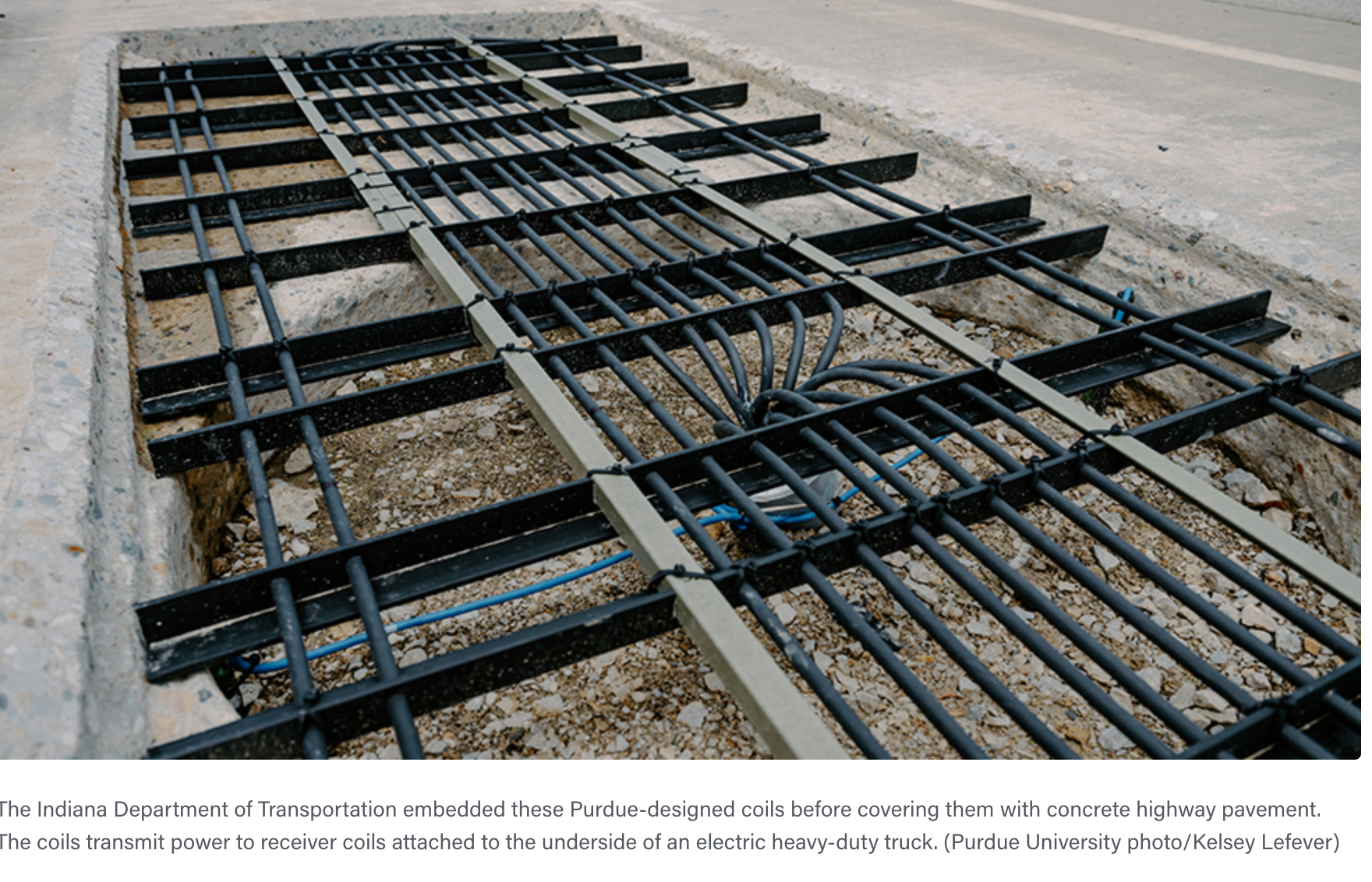The Silent Struggle: The Rising Mental Health Crisis Among Truck Drivers

America’s trucking industry is the backbone of the economy, moving over 70% of the nation's freight and generating hundreds of billions in revenue each year. Yet behind the wheel of this powerhouse are nearly 4 million truck drivers, many of whom face a silent but growing crisis—mental health struggles that too often go unnoticed and untreated.
From long hours to social isolation, the life of a truck driver is uniquely stressful. In the past ten years, there has been a rising concern on the mental health of American truck drivers, not just for their well-being, but for the safety and sustainability of the entire industry.
Why Mental Health Matters in Trucking
We see the stereotype of the truck driver in TV shows and the movies: tough and solitary. This stereotype needs to be updated. The mental and emotional health of truck drivers has become a serious public health concern, with rising rates of:
- Depression
- Anxiety
- Substance abuse
- Suicidal ideation
In fact, studies have shown that truck drivers are more likely to experience mental health issues than workers in many other professions. The very nature of the job contributes to this crisis—and it’s affecting not only the drivers but also the efficiency, safety, and future of the industry.
Some Root Causes of Mental Health Issues in Truck Drivers
Here are some key contributors to the trucker mental health crisis:
1. Isolation and Loneliness
Drivers often spend weeks away from home, with little to no social interaction. The lack of meaningful human contact can quickly lead to emotional distress and feelings of alienation.
2. Long Hours and Irregular Sleep
Truckers commonly work 14+ hour days, battling fatigue, unpredictable schedules, and minimal sleep—factors that are strongly linked to cognitive decline and emotional instability.
3. Chronic Physical Health Problems
Poor diet, lack of exercise, and prolonged sitting increase the risk of obesity, diabetes, and hypertension—all of which are known to impact mental health. This is become such a concern that many groups have been created to help truck drivers get their health on the right track. For example, Project 61 is a non-profit that provides drivers with the tools they need to stay healthy.
Mental Health Solutions for Truck Drivers
The good news? There are actionable steps that can make a real difference.
1. Telehealth Access
Mobile-friendly mental health platforms allow drivers to talk to therapists or counselors from the road—convenient and private.
2. Wellness Programs
Fleets that invest in mental and physical wellness programs see lower turnover and healthier drivers. These programs can include fitness initiatives, healthy food planning, and mindfulness training.
3. Mental Health Education
Companies can combat stigma by offering mental health awareness training, helping drivers and managers recognize warning signs and know where to turn for help.
4. Flexible Scheduling
Giving drivers more control over their schedules can dramatically reduce stress levels and improve work-life balance.
5. Supportive Culture
Creating a company culture that values mental health as much as safety or performance is key. When leadership supports mental well-being, drivers feel less isolated and more empowered to seek help.
Driving Toward a Healthier Future
The time to prioritize mental health in the trucking industry is now. America’s truck drivers keep the country moving—but they’re not machines. They're human beings facing real challenges, and they deserve support. By raising awareness and investing in wellness, the industry can help ensure that drivers are not just surviving but thriving. At DVC, we understand the importance of good health (mental and physical) for our drivers. We provide support and tools to help them stay healthy. Let’s get on the same track for healthy truck drivers!
















